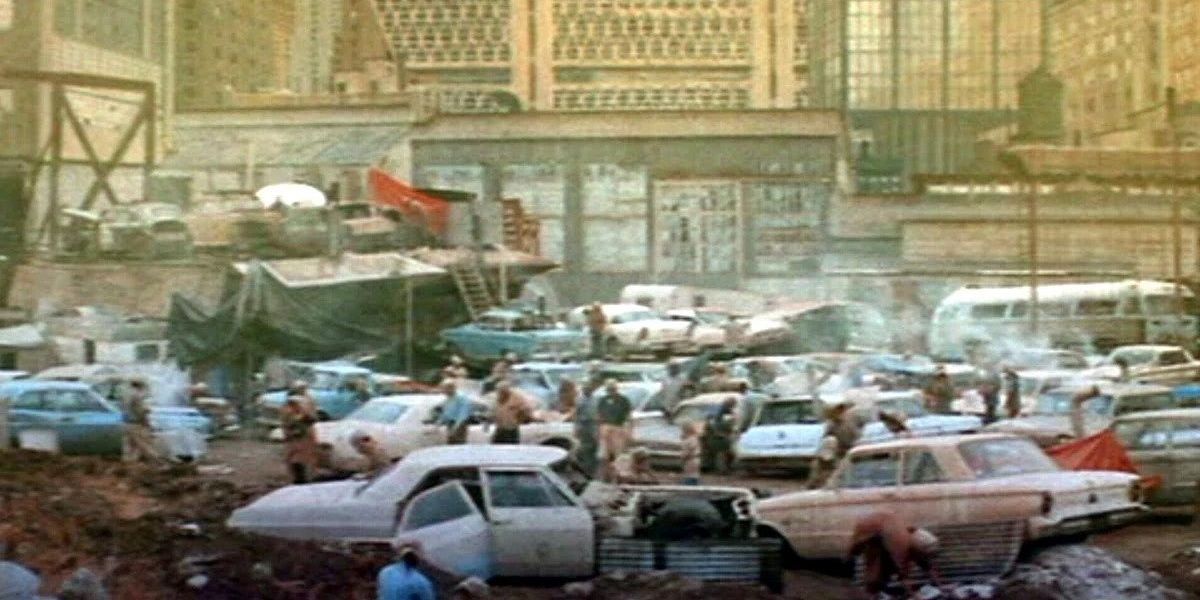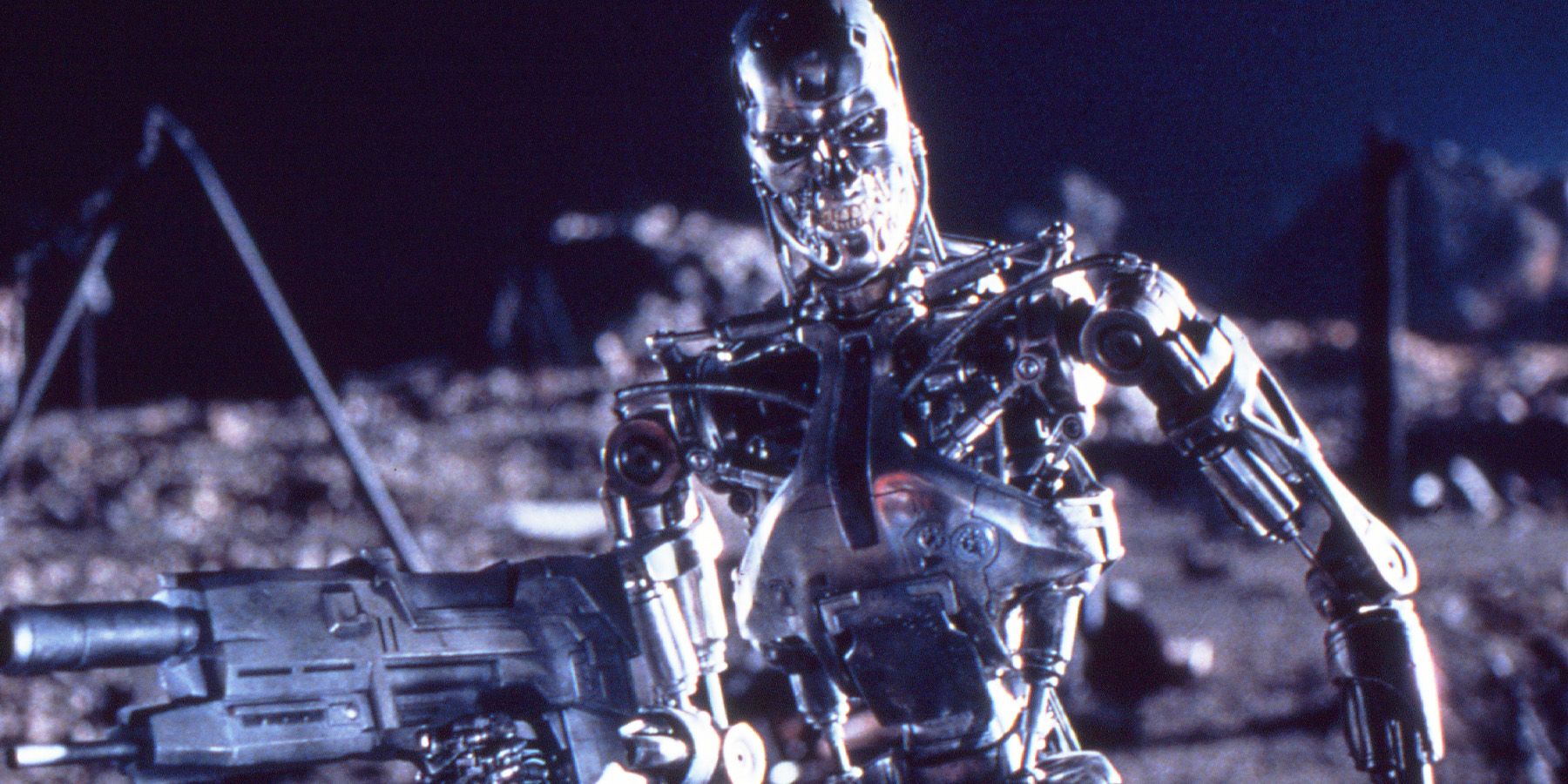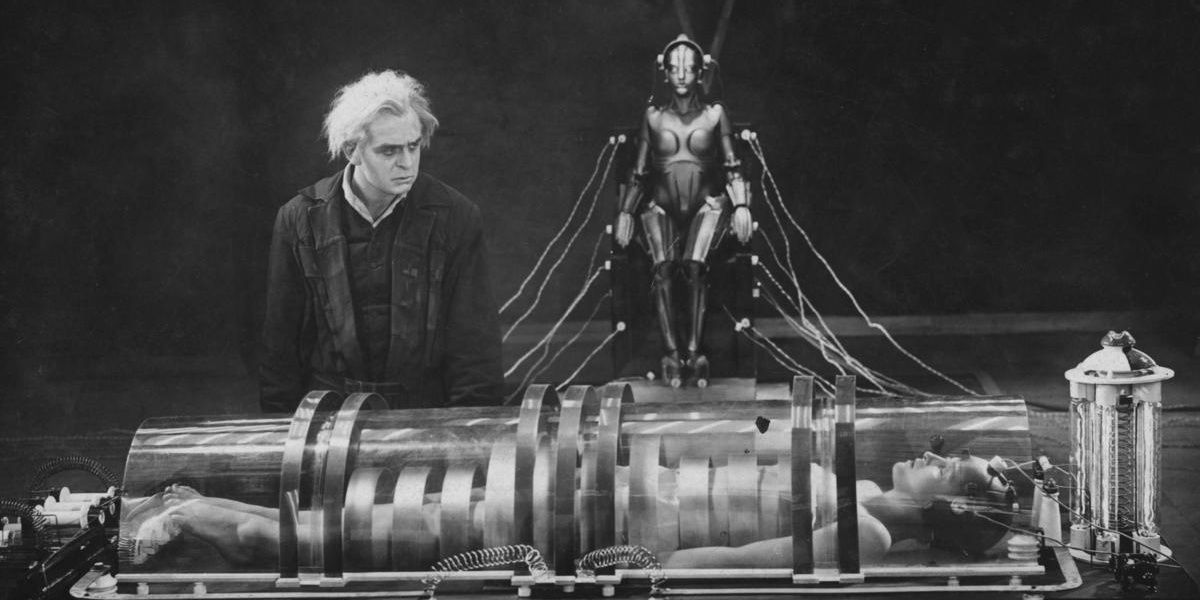When a film takes place in the future, it's not necessarily offering a prediction or a warning of what's to come. Plenty of speculative stories pick a year at random or offer no clear date for their events. Some films do pick a year, and, decades later, it offers an interesting lesson in the medium to look at what they got wrong and what they got right.
We all had a lot of fun talking about Back to the Future back in 2015. Social media posts about the things Star Trek or The Simpsons predicted in advance are extremely common. There's something appealing to looking back at the world our most creative minds imagined might come to pass and asking what saved us from those outcomes.
To hear the science fiction of the 60s, 70s, and 80s tell it, things will be rough for the people of the current decade. The go-to depiction of the 2020s is either a dystopian technocratic nightmare or a blighted wasteland. The real 2020s aren't exactly ideal, but if Judgment Day is in our future, some sci-fi calendars must have been a little early. Shockingly, not a lot of sci-fi films take place in the 2020s. This is partially due to a lot of old films in the genre going with an oblique "the future" rather than any specific date. Mad Max, for example, takes place "a few years from now." Movies that do list their fictional setting's date often choose periods far further ahead than 2020. However, there are a few big examples that say a lot about the idea of the future those creators were working with.
One of the most notable examples of sci-fi cinema's view of the modern-day comes from James Cameron's The Terminator. Though the canon has shifted about a dozen times, placing the new apocalypse date several years away, the original T-800 and Kyle Reese made their trip to 1984 from 2029. Everyone remembers the broad strokes of Terminator's 2029. Humanity has been all but wiped out by Skynet, the remaining people live in constant war with unkillable machine soldiers. T2 revealed that the day the nukes fell actually came in 2004, meaning that Reese and his crew had been impressively battling the machine scourge for a decade and a half. Cameron wasn't the only filmmaker who imagined the 2020s as well-past mankind's expiration date. A Boy and His Dog, adapted from a Harlan Ellison novella of the same name, took place in the post-nuclear hellscape of America circa 2024. The nukes haven't fallen just yet, but sci-fi film assures us that we still have time to destroy everything.
Not every old depiction of the 2020s looked like a Fallout game. Some creatives imagined the world in steep decline, but not quite done fighting yet. Richard Fleischer's 1973 film Soylent Green takes place in 2022 and is consistently celebrated for its plausible depiction of dystopia. A lot of people only remember the film for the big twist of its title, but this take on 2022 is a nightmare in many more ways than one. The film depicts New York City, struggling to accommodate its 40 million citizens (the real NYC of 2022 has just under 9 million.) The rich live in luxury while the poor struggle to survive, climate change has ruined nature, and constant shortages lead to rioting in the streets. Watching Soylent Green today reveals a lot of unpleasant parallels, but, there's still plenty of room to fall before we wind up here. Though some wealthy tech types might look fondly at the treatment of the elites in Fleischer's 2022, there's still time to save the world.
Perhaps the oldest film take on the 2020s is Fritz Lang's German Expressionist sci-fi film Metropolis. Originally, the film did not list a year for its futuristic setting, but, later translations and supplemental media set the story in 2026. As a silent film, Metropolis is largely a showcase for beautiful architecture that we find the real 2020s lacking. The story follows an uprising of workers in the titular futuristic city. In 1927, the story was criticized for its seemingly communist leanings. Today, it comes across as a fairly straightforward take on the state of the poor in a world where most of mankind's work is done for them. It's hard to say that Metropolis is an accurate look at the 2020s from 100 years ago, but there are certainly some elements that ring painfully true.
Sci-fi seems to lean toward cynicism more often than not, with an eye toward "realism" that guides creators to imagine a grim future. The sci-fi filmmakers of forty, sixty, or a hundred years ago imagined our current world as an enemy to be slain. Has mankind listened to their warnings? Are we doomed to slip into one or all of these terrible fates? Why does almost every example seem to teach the same lesson about militarism and consolidation of resources? Maybe we could still learn, but, things aren't quite as bad as old science fiction imagined yet.



